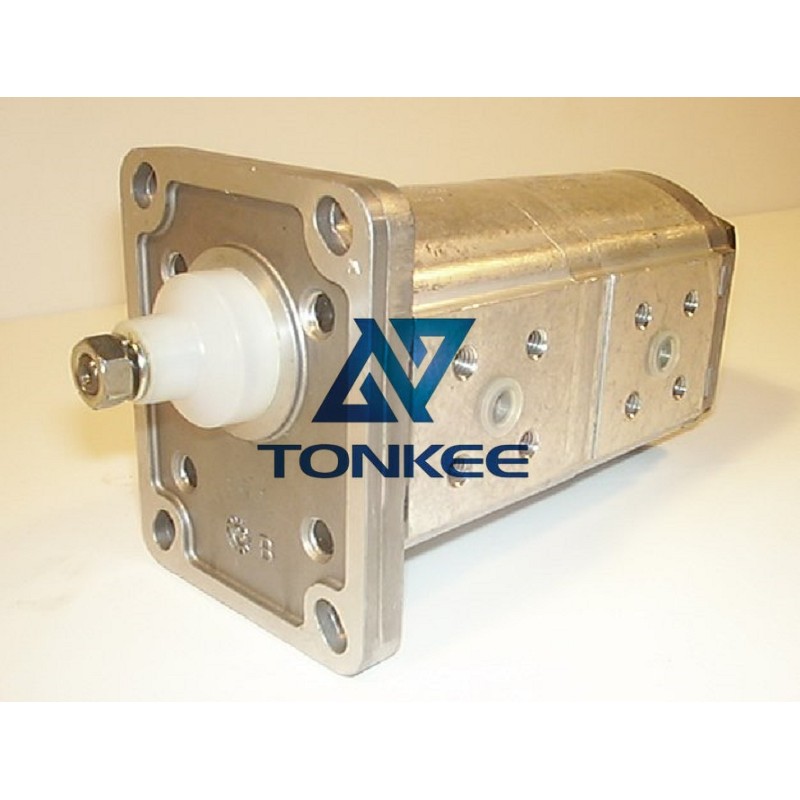
At its core, the 40071CAS hydraulic gear pump operates on the principles of positive displacement.
It consists of two meshing gears—a driver gear and an idler gear. As these gears rotate, they create a low-pressure area, allowing hydraulic fluid to be drawn into the pump. The fluid is then trapped between the gear teeth and transported to the outlet side, where it is discharged under pressure.
One of the most important specifications of the 40071CAS hydraulic gear pump is its flow rate, typically measured in gallons per minute (GPM) or liters per minute (LPM). The flow rate determines how much fluid the pump can move within a given time, making it crucial for selecting the right pump for a specific application. The flow rate can vary depending on the size and design of the pump.
Additionally, this gear pump is recognized for its pressure capabilities. It can generate substantial pressure, usually measured in pounds per square inch (PSI) or bars. The maximum pressure it can handle depends on its design and materials, but it's essential to operate the pump within its pressure limits to prevent damage and ensure safety.
The efficiency of the 40071CAS hydraulic gear pump is another vital specification. Efficiency is often expressed as a percentage and indicates how effectively the pump converts mechanical power (typically provided by a prime mover) into hydraulic power. High-efficiency pumps reduce energy waste and contribute to cost savings over time.
The design of this gear pump incorporates durable materials such as cast iron or aluminum for the housing and steel gears, ensuring longevity and resistance to wear. Regular maintenance and inspections are necessary to extend the pump's lifespan and maintain its performance.
Furthermore, the 40071CAS hydraulic gear pump may feature different inlet and outlet port sizes.
Proper alignment of these port sizes with the hydraulic system's tubing and fittings is essential to ensure efficient fluid transfer and avoid restrictions that could lead to performance issues.
Noise levels and vibration characteristics are also important factors, particularly in applications where noise reduction and smooth operation are critical. Some models of this gear pump may come with noise-dampening features to minimize sound generation during operation.
Installation and compatibility with the power source, such as a motor or engine, are crucial considerations. The pump should be securely mounted and correctly aligned with the power source to ensure reliable and efficient operation.